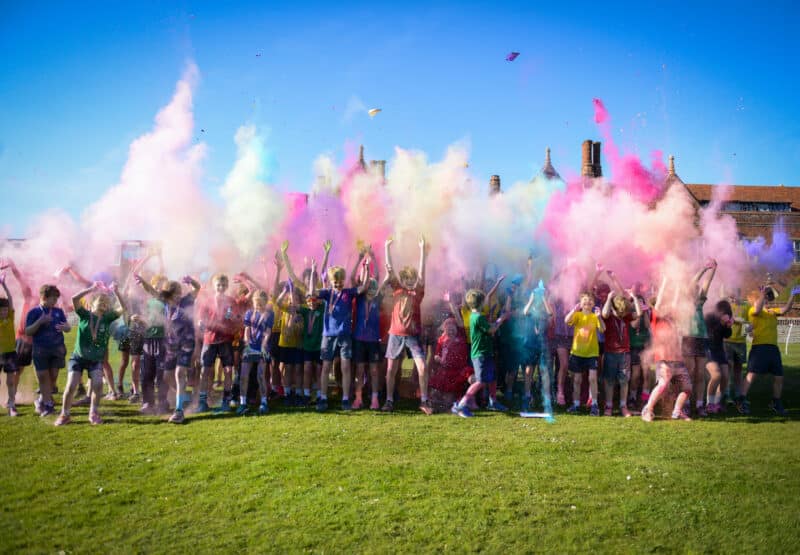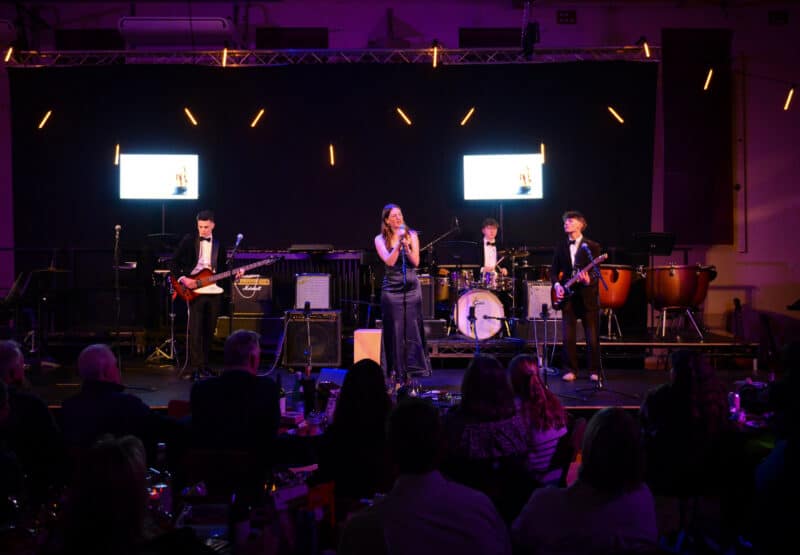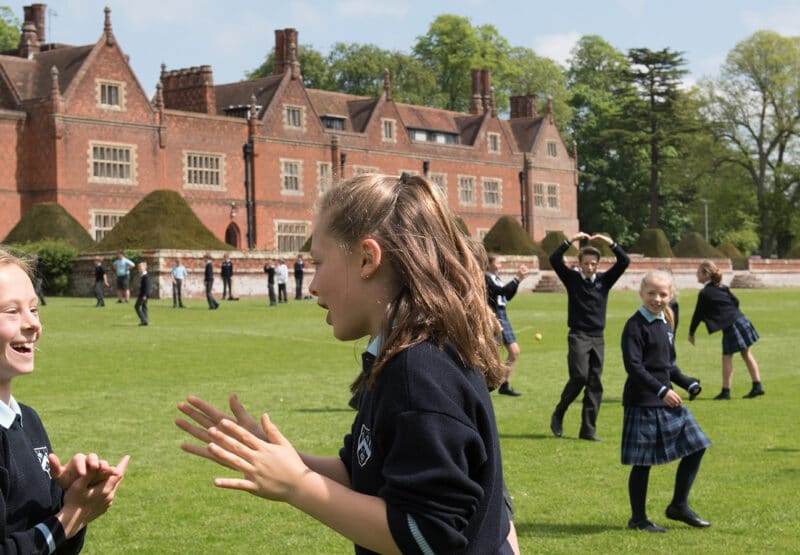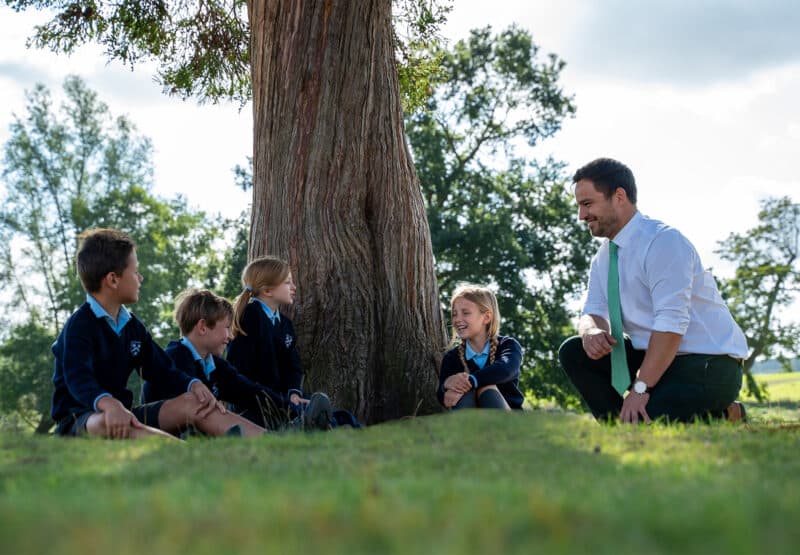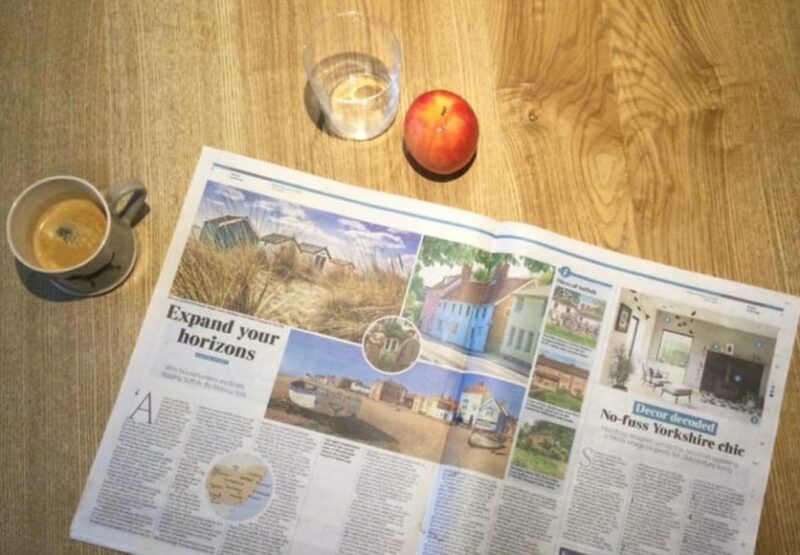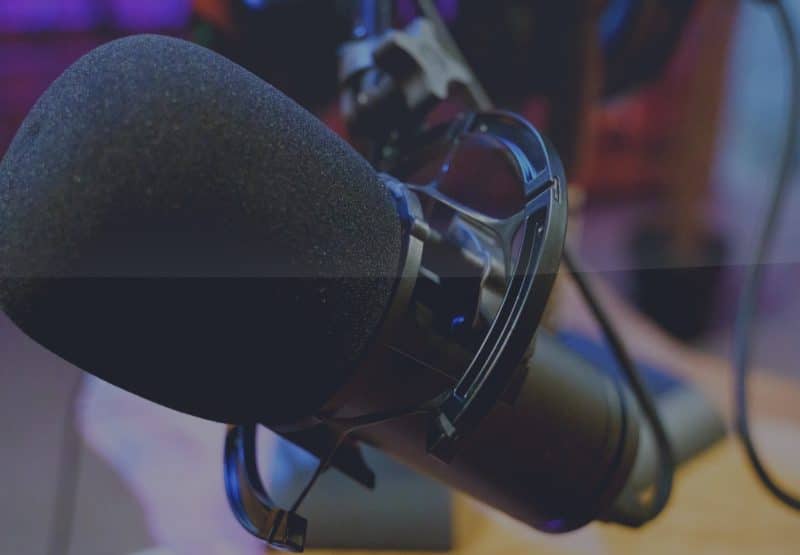Thursday, 11th February was Chinese New Year’s Eve. Traditionally, in China, Celebrations last for 16 days, including the Spring Festival and culminating in a Lantern Festival. In Chinese culture, every year is allocated to a specific animal and this year it will be the Year of the Ox, bringing the Year of the Rat to a close.
We asked three members of the teaching staff, who have each lived in Hong Kong, for their experiences of Chinese New Year as well as how they will be spending it this year, now they’re in the UK.
Mr Lloyd:
He said: “Chinese New Year in a school is really exciting. We had Lion Dances, everyone dresses in traditional Chinese clothes and everyone showers the young with gifts. Food plays a central part in the celebrations and fireworks are going off everywhere. The whole of Hong Kong comes alive, and the atmosphere is really positive and upbeat. Lai See (red money packets) are given to the young, which of course always goes down well!”
When asked how he’ll be celebrating this year, he said: “We mark the occasion as a family because our children grew up in Hong Kong, so we will make dumplings and put some decorations up and the children may even get some Lai See, if they’re lucky! We still have many friends in Hong Kong, so we will be in touch with them to say Kung Hei Fat Choi (Happy New Year). I was born in the Year of the Ox, so this year has extra meaning for me!”
Mr Falvey:
He said: “When I was living in Hong Kong, as I did for several years, Chinese New Year was a time we always used to look forward to. It is a time where many families spend time together. So, the streets and sights are a little quieter. The whole celebration is about connecting with people and loved ones.
“The fireworks are a big part of the celebrations. Junk boat trips for the fireworks are the best; big groups of friends on boats in Victoria harbour is an experience I shall never forget.
When asked how he’ll be celebrating this year, Mr Falvey said: “We still have many friends out in Hong Kong, so we will be connecting with them over Zoom and Facetime to celebrate the occasion.
“I also need to find the best place in Suffolk for Char Siu, which is barbequed pork. One of my favourites in Cantonese Cuisine”

Mr Denvir:
He said: “When I lived in Hong Kong, we used to go up on to the Peak in Hong Kong and look down over the Harbour front for the annual fireworks display. It really was a picture to behold and no expense was spared as the cacophony unfolded for a good 20 minutes and lit up the whole of Hong Kong.
“As part of the celebrations, Dragons would meander through the office accompanied by some of the loudest drums ever known in order to warn away the bad spirits.”
When asked how he’ll be celebrating this year, Mr Denvir said: “We are hosting a Zoom call with our friends from Hong Kong with a special Chinese menu.
“We are also excited about visiting the Chinese supermarket in Ipswich to buy lots of our favourites including Dim Sum.”
How you can celebrate Chinese New Year at home:
Eat Chinese Food
The simplest way to mark the occasion is through food. Chinese New Year is traditionally a lot about the food with street food markets, selling all kinds of classic Chinese fare, setting up on town-centre roads all over China for the occasion. Britain is blessed with thousands of excellent Chinese restaurants with one in most towns and cities across the county. If you would rather cook yourself, you could make dumplings, noodles, steamed fish and chicken or even a traditional Chinese hotpot.
Decorate your room with Lanterns
It is traditional to release paper lanterns into the sky for Chinese New Year’s Eve and on the Lantern Festival at the end of the two weeks of celebrations. But with environmental concerns and Covid-19 restrictions hampering this tradition, a good adaptation is to hang strings of paper lanterns up around the house. You can easily make decorations or paper lanterns from pieces of coloured paper to hang around the room. Alternatively they are available to purchase online too.
Pass red envelopes
Another tradition from the Far East is to pass red envelopes of small amounts of money or gold chocolate coins on to friends and family members. This is especially for children, but older children and adults often receive envelopes with small sums in them around Chinese New Year. The tradition is one of the oldest in Chinese folklore and states that a demon known as ‘Sui’ would terrorise children in their sleep on New Year’s Eve. The coins are given to generate light to ward off the demon. The custom is actually far more about the envelope than the money. Most importantly, the amount of money given must not contain the digit ‘4’ as the pronunciation of ‘four’ has the unfortunate misnomer of sounding like the Chinese word for ‘death’. The presentation of this small gift is meant to symbolise good luck and prosperity for the year ahead.
More From our Newsletter:
Watch: Beth Tweddle sends personal message to our Year 3 pupils… Full Story
Ollie Moore, Year 12, finds inspiration in lockdown to release first album… Full Story
Year 13, Tahjah, launches new online fashion brand for female empowerment… Full Story
Sporting Challenges have helped our pupils stay active in lockdown… Full Story
Children’s Mental Health Week: Activities we enjoyed together… Full Story
Great books to curl up with this half… Full Story
Senior Deputy Head’s Address: Susan Wessels – her Olympic Story… Full Story





